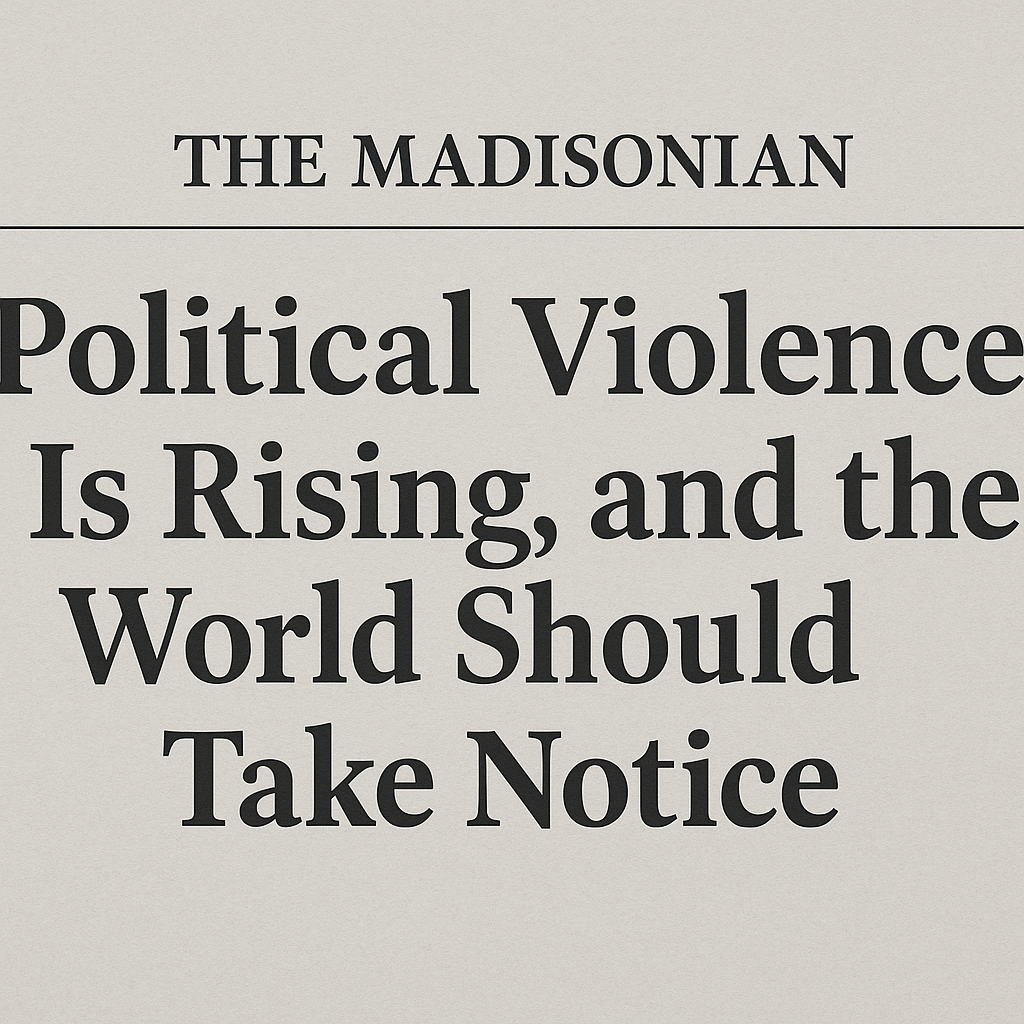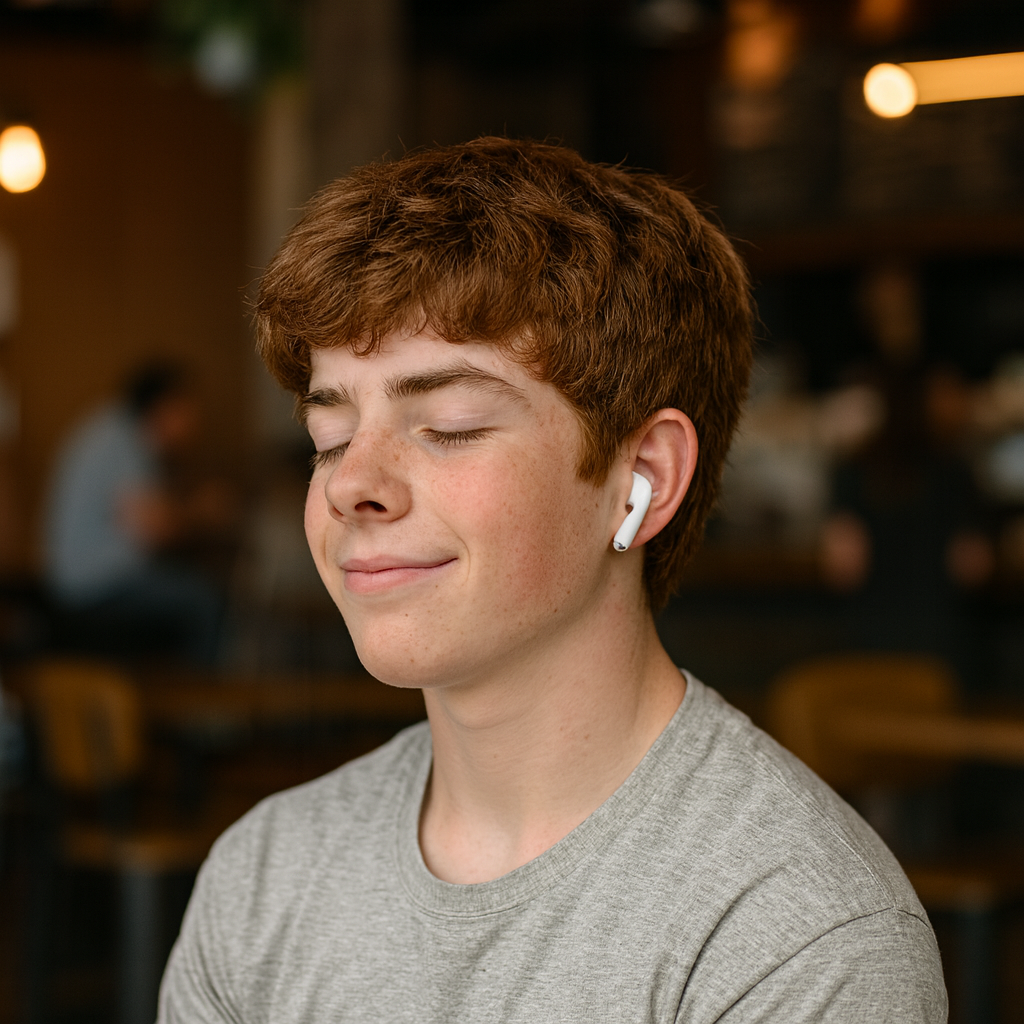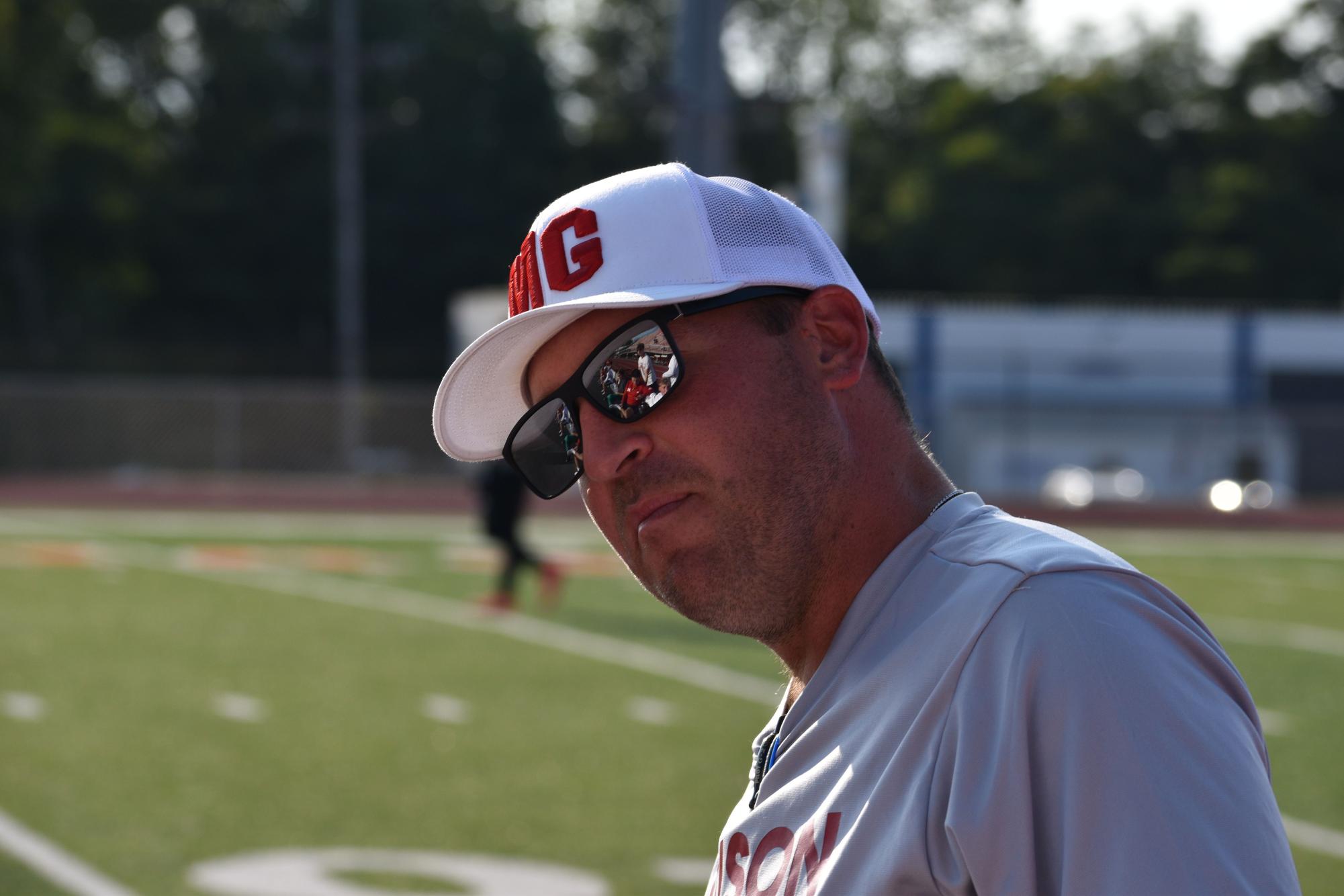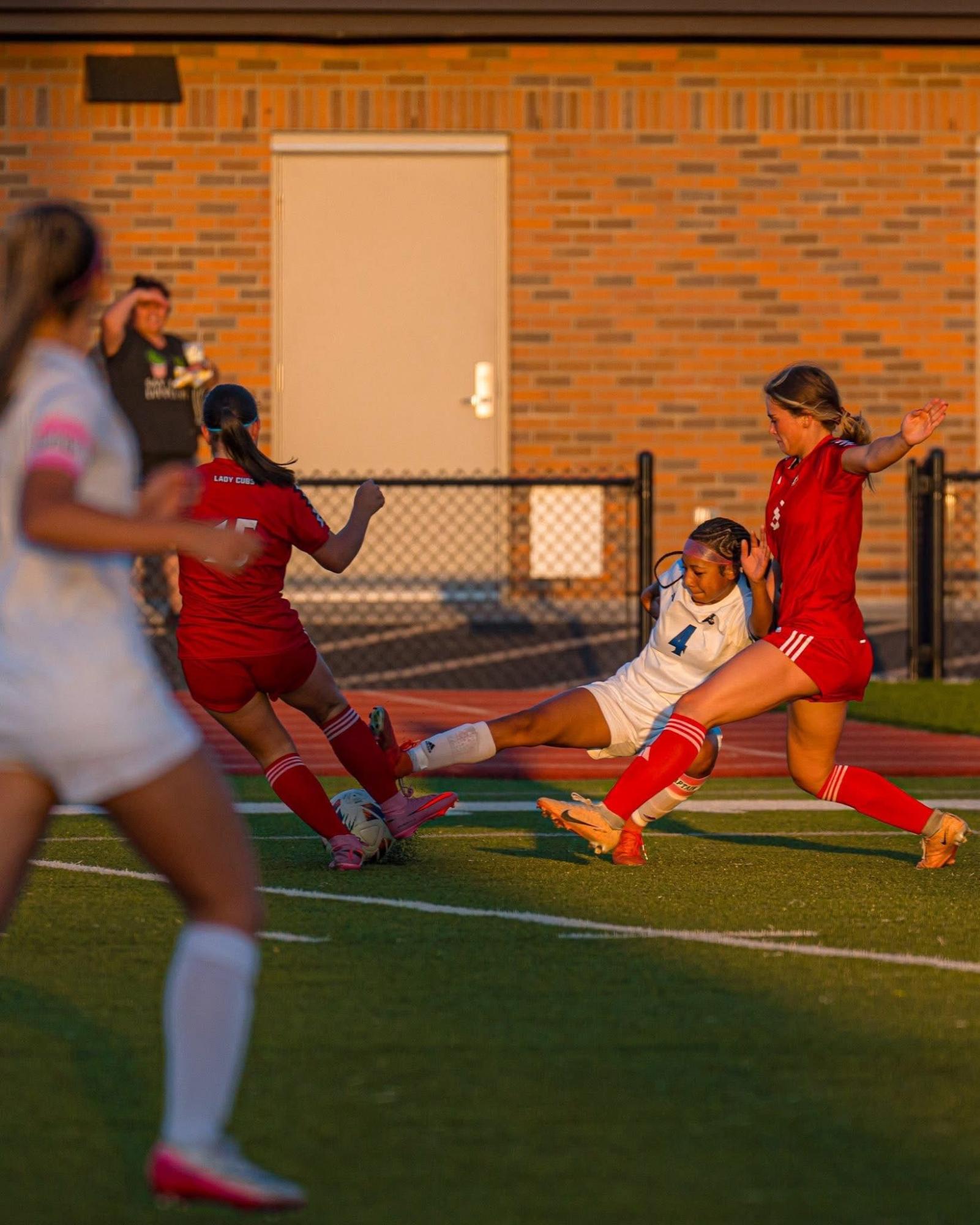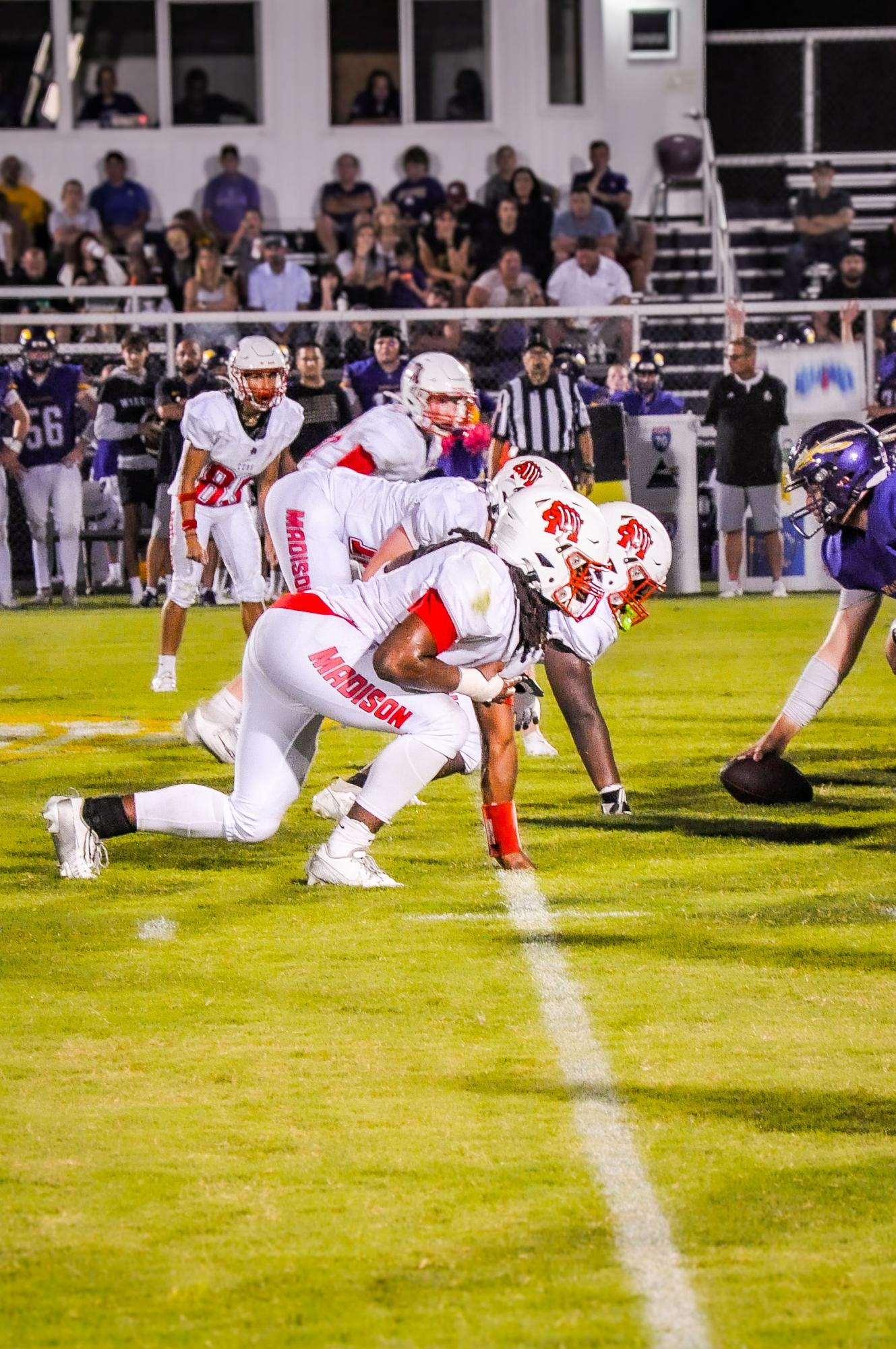Underage Drinking Statistics Highlight Teen Drinking Still A Problem
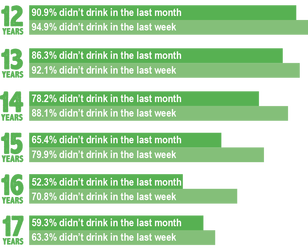
Underage drinking statistics courtesy of stopunderagedrining.com
August 22, 2016
The absence of drugs and alcohol are always considered of major importance in the many schools across the world. In spite of all the campaigns and anti-drug rallies that may take place in a school setting, there are still those individuals who choose to participate in these types of activities. For those individuals, they are five times more likely to drop out of school.
Underage drinking is widespread; in a National 2013 survey on Drug use and Health, 35.1 percent of 15 year olds say they had at least one drink. About 8.7 million people ages 12-20 had reported drinking in the last month.
According to the National Institute for Alcohol Abuse and Alcoholism, not only are young people drinking, but studies show that they drink a lot too. 5.4 million young people from ages 12-20 reported participating in binge drinking. 1.4 million of young people in the same age group are considered alcoholic.
The danger of underage drinking are at an all time high. 4,358 people under the age of 21 die every year in alcohol-related car crashes, homicides, suicides, and alcohol poisoning. More than 190,000 people under 21 entered the emergency room for alcohol related injuries in 2008. (More information on this here.)
We know that young people drink, but why they do the first question. Scientist believe that development within teens brains at the ages of puberty is a physiological explanation to why young people would act impulsively. Studies show that young drinkers’ beliefs on alcohol are established early in life, even before the child begins elementary school. Before age 9, children generally view alcohol negatively and see drinking as bad and with adverse effects. By about age 13, however, their expectations shift becoming more positive. As would be expected, adolescents who drink the most, also place the greatest emphasis on the positive and arousing effects of alcohol.
The health risks of drinking at a young age, studies show, that young people who drink heavily put themselves at risk for a range of potential health problems in their adult lives.
These risks include:
Brain Effects – Scientists currently are examining just how alcohol affects the developing brain, but it’s a difficult task. Subtle changes in the brain may be difficult to detect but still have a significant impact on long-term thinking and memory skills. Add to this the fact that adolescent brains are still maturing, and the study of alcohol’s effects becomes even more complex. Research has shown that animals fed alcohol during this critical developmental stage continue to show long-lasting impairment from alcohol as they age.
Liver Effects – Elevated liver enzymes, indicating some degree of liver damage, have been found in some adolescents who drink alcohol. Young drinkers who are overweight or obese showed elevated liver enzymes even with only moderate levels of drinking.
Growth and Endocrine Effects – In both males and females, puberty is a period associated with marked hormonal changes, including increases in the sex hormones, estrogen and testosterone. These hormones, in turn, increase production of other hormones and growth factors, which are vital for normal organ development. Drinking alcohol during this period of rapid growth and development may upset the critical hormonal balance necessary for normal development of organs, muscles, and bones. Studies in animals also show that consuming alcohol during puberty adversely affects the maturation of the reproductive system. (More information on this study here.)
Though the risks to underage drinking are both obvious and dangerous, young people continue to participate in the reckless act. The hope of expressing the dangers of this act to the youth as early as possible and to continue on as they age, may be the strongest suit to inform these people on how to protect themselves from these dangers.
Below is an interview with MCHS at-risk counselor, Natasha Leahigh:
Q.) How do you think Indiana’s high drinking rate affects Madison students?
A.) As adults, we have to be role models to kids. If we’re acting out, drinking alcohol, bullying, any of that, if children are raised by parents who do all of that, most likely the kids would follow suit.
Q.) How do you think students in homes with struggling alcoholic parents, or parents that abuse alcohol themselves, would affect a student’s education?
A.) In this situation, the student wouldn’t necessarily have a parent to tell them to go to school everyday. If the parent is using alcohol the likelihood of them encouraging their child in school most likely isn’t very high. These children may not be as motivated to go to school or succeed in it.
Q.) Within MCHS, how many students do you think this affects?
A.) I think it affects more people than you think. I think (some) people can hide it better than others.
